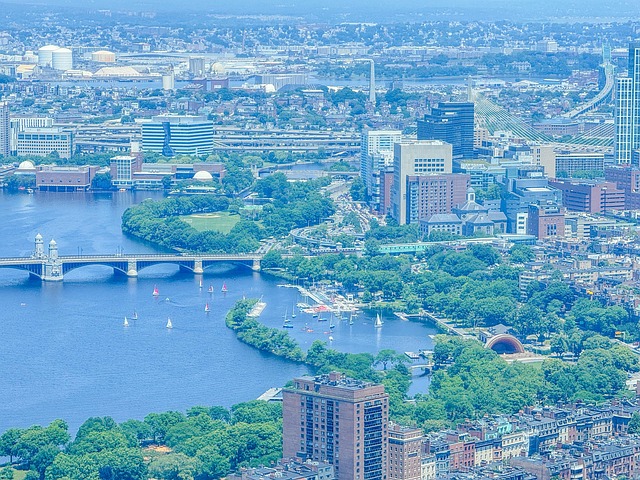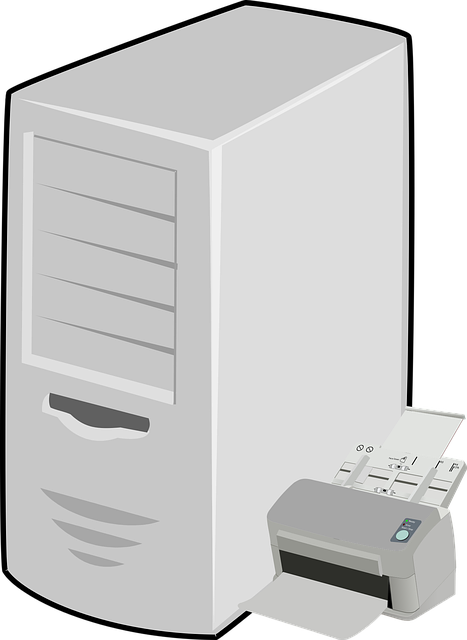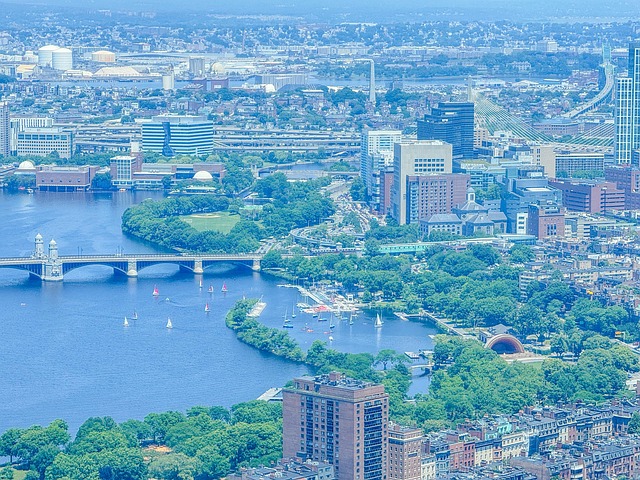Boston and New York City (NYC) lead in sustainable e-waste management, with NYC's innovative office supply recycling and Boston's circular economy approach to printer collection and refurbishment setting examples. Both cities combat electronics waste through accessible printer recycling programs promoted by tech companies, following multi-step processes to ensure environmental compliance and resource recovery. Businesses can benefit from participating in local printer recycling services, enhancing their eco-responsibility and reducing landfill waste, but must navigate logistical challenges and city regulations for successful implementation.
In today’s digital age, businesses face a growing responsibility to manage and recycle electronics waste. This article explores the crucial topic of printer recycling, comparing practices in Boston and New York. We delve into the challenges and benefits of electronic device recycling in metropolitan areas, examining initiatives that foster eco-friendly solutions. By understanding the process and impacts, businesses can contribute to a sustainable future, mitigating environmental harm from electronics waste while navigating the complexities of urban landscapes.
- Printer Recycling: Boston vs. New York
- Understanding Electronics Waste in Metropolitan Areas
- The Process of Recycling Electronic Devices
- Benefits and Challenges for Eco-Initiative Success
Printer Recycling: Boston vs. New York

In the realm of sustainable practices, both Boston and New York City (NYC) have made significant strides in promoting responsible electronic waste (e-waste) management, specifically through printer recycling programs. NYC stands out with its innovative approach to e-waste reduction, offering various sustainable printer solutions NYC that encourage businesses to recycle or refurbish their old printers. The city’s office supply recycling programs have been instrumental in keeping non-biodegradable materials out of landfills, transforming them into valuable resources.
Boston, too, has embraced the importance of office supply recycling centers Boston MA. Local initiatives focus on creating a circular economy by collecting and refurbishing printers, ensuring they find new life in local businesses or schools. This effort not only reduces electronic waste but also promotes sustainability within the community, setting an example for other cities to follow in the responsible management of office equipment.
Understanding Electronics Waste in Metropolitan Areas
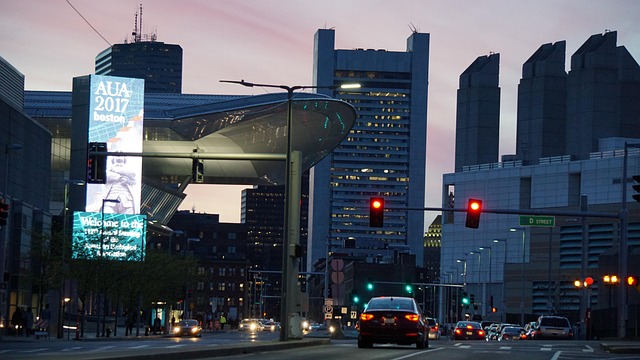
Electronics waste, or e-waste, is a significant issue in metropolitan areas due to the high concentration of businesses and residents who generate a vast amount of electronic devices. In cities like Boston and New York (NY), where technology is a cornerstone of daily life, proper disposal and recycling of electronics become even more crucial. With countless printer recycling programs available in Boston and growing eco-consciousness in NY, businesses are increasingly adopting sustainable printing practices.
Understanding the impact of e-waste is essential as it not only includes hazardous materials but also contributes to environmental pollution if not managed properly. The best ways to dispose of printer cartridges in NY and how to recycle printer ink in Boston are becoming more accessible, with tech companies leading the charge. By promoting responsible printing practices, these cities are setting an example for the rest of the nation, ensuring a cleaner and greener future.
The Process of Recycling Electronic Devices
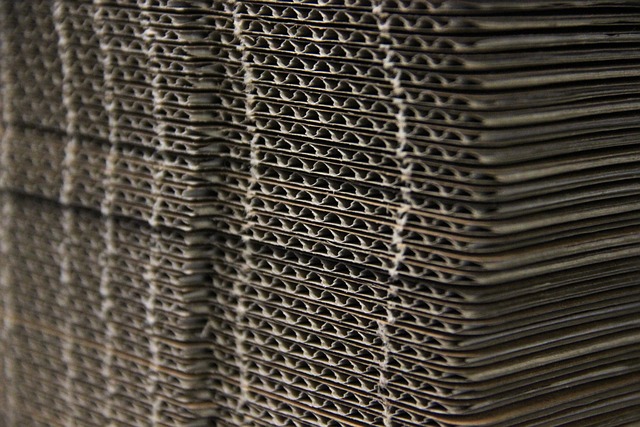
The process of recycling electronic devices, like printers in Boston or New York City, involves several carefully orchestrated steps designed to minimize environmental impact and maximize resource recovery. It begins with collection, where businesses and individuals responsibly deliver their obsolete or broken-down electronics to designated recycling centers. These centers then sort the items, separating metals, plastics, glass, and other components for specialized treatment.
The next phase focuses on disassembly, where trained technicians carefully take apart the devices. This meticulous process involves removing hazardous materials like batteries and capacitors, ensuring their safe disposal. Reusable parts, such as processors, memory modules, or printer cartridges, are extracted and cleaned, extending their lifespan. Subsequently, these components are either refurbished for resale or processed further to extract valuable raw materials, contributing to a circular economy model while reducing the demand for virgin resources in the production of new devices like business printer recycling services in NYC. Reusing printer parts in the Boston area not only conserves natural resources but also helps lower electronic waste (e-waste) volumes, aligning with global sustainability efforts. Additionally, proper recycling ensures that potentially toxic materials are handled and disposed of according to strict environmental regulations, protecting both workers and ecosystems. How to recycle printer ink in Boston is another critical aspect addressed during this process, as ink cartridges contain non-biodegradable components that require specific recycling methods.
Benefits and Challenges for Eco-Initiative Success

For businesses looking to embrace sustainable practices, particularly in densely populated areas like Boston and New York City (NYC), recycling electronics offers a multifaceted benefit. By participating in printer recycling programs, local enterprises can reduce their environmental footprint by diverting waste from landfills. This eco-initiative also fosters community engagement in green efforts, enhancing the business’s public image as an environmentally responsible corporate citizen.
Despite these advantages, challenges remain. Businesses must overcome logistical hurdles to ensure proper disposal and recycling methods for electronic components, including printers and ink cartridges. New York City and Boston both have specific regulations and guidelines for e-waste management, adding a layer of complexity. However, with the right partnerships and strategies—including how to recycle printer ink in Boston and NYC business printer recycling services—enterprises can meet these challenges, contributing significantly to a more sustainable future while adopting sustainable business practices for printers in Boston.
In conclusion, both Boston and New York have made strides in addressing electronics waste through innovative printer recycling programs. These initiatives not only benefit the environment by reducing e-waste but also foster a more sustainable future for metropolitan areas. By understanding the process of recycling electronic devices and recognizing the challenges and benefits involved, cities like Boston and New York can continue to lead the way in eco-friendly practices, setting a precedent for other urban centers to follow suit. Printer recycling plays a pivotal role in this effort, showcasing that even seemingly small changes can have a significant impact on our planet’s health.









